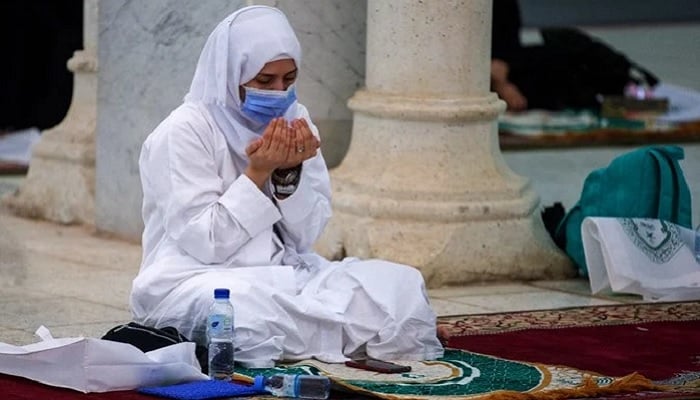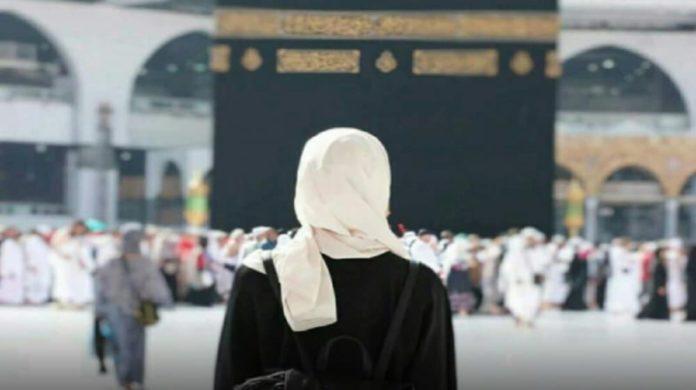Pakistan’s religious body, the Council of Islamic Ideology (CII), has recently given its approval for women to perform Hajj without a mehram under certain conditions. This significant decision aims to provide more opportunities for women to fulfill their religious obligations and participate in the sacred pilgrimage to Mecca.
CII’s response
According to the CII’s response to the Ministry of Religious Affairs, the Jafri, Maliki, and Shafii schools of thought within Sharia law permit women to undertake Hajj without a mehram. This means that women can now embark on this spiritual journey if their parents or husband grant them permission and they do not anticipate any danger or wrongdoing during their travel.

However, it is worth noting that according to the Hanafi and Hanbali fiqh, a woman traditionally requires a mehram to perform Hajj. Nevertheless, this recent ruling by the CII provides an alternative perspective that widens the opportunities for women who may not have access to a mehram.
Why was this proposal drafted?
In order to ensure the safety and well-being of women traveling without a mehram, the Ministry of Religious Affairs has proposed a careful evaluation of the group they plan to travel with. This vetting process aims to ascertain the trustworthiness and integrity of the fellow pilgrims. It is crucial to prioritize the security and comfort of women undertaking this religious journey, and the ministry’s approach addresses this concern effectively.
It is noteworthy that Saudi Arabia, the host country for the annual Hajj pilgrimage, also made a significant announcement last year. The Saudi Minister of Hajj and Umrah, Dr. Tawfiq Al-Rabiah, declared that women from all over the world can now perform Hajj and Umrah without a mehram or a male guardian. This decision marks a departure from the longstanding rule requiring a mehram for female pilgrims.

According to experts, scholars from the Maliki and Shafi’i schools of thought support the notion that women can perform Hajj or Umrah accompanied by trustworthy women or as part of a secure group. This perspective is in line with the recent rulings in Pakistan and provides further validation for women seeking to undertake the pilgrimage without a mehram.
Supporting the cause
Supporters of this decision argue that it brings convenience and relief to many women who face social challenges or financial constraints in finding a mehram. By removing this requirement, more women can now embark on this spiritual journey and experience the profound significance of Hajj or Umrah.
Pakistan’s Council of Islamic Ideology has granted permission for women to perform Hajj without a mehram under specific conditions. This decision aligns with the perspectives of various schools of thought within Sharia law and reflects a broader trend in the Islamic world. By ensuring appropriate security measures and allowing women to participate in Hajj or Umrah without a mehram, Pakistan and Saudi Arabia have taken progressive steps to empower women and facilitate their religious observance. This development opens doors for women to engage in this significant aspect of their faith, fostering inclusivity and equality within the Muslim community.
Stay tuned to Brandsynario for the latest news and updates.







































